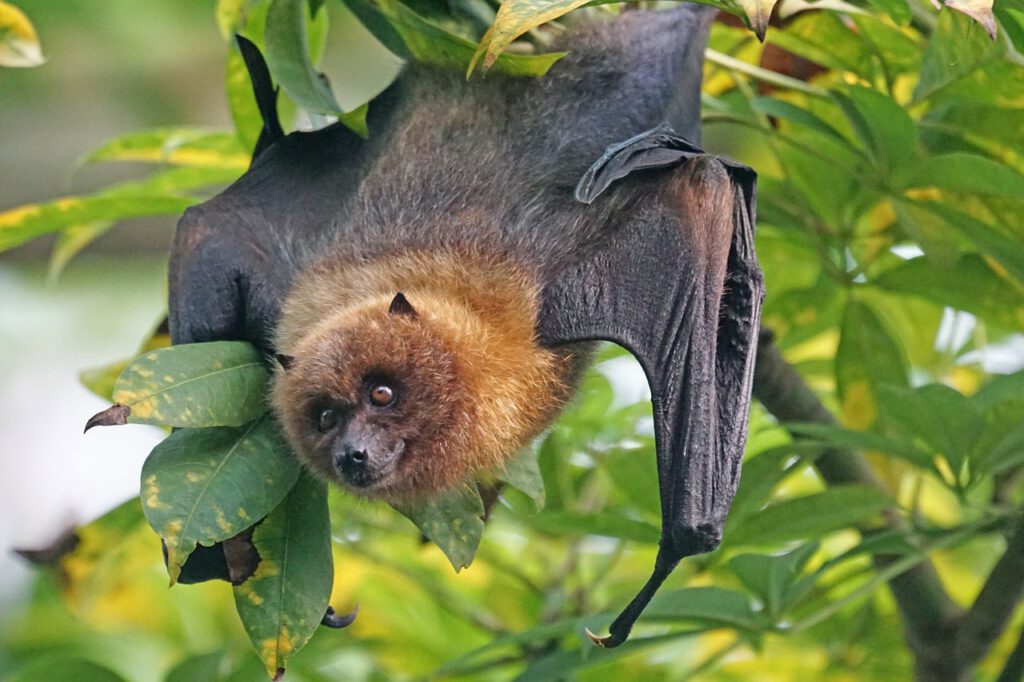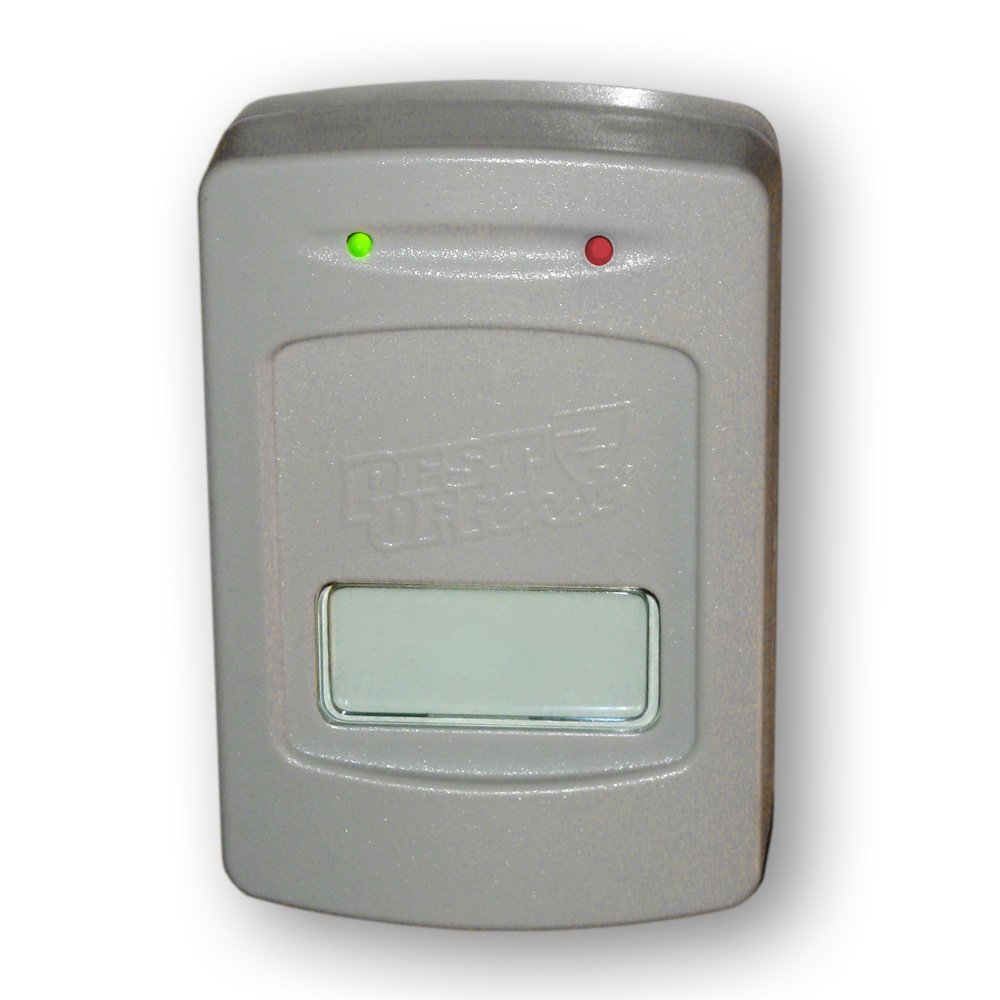In this guide, you’ll learn how to stop dog barking at night and also:
- Sounds to stop dog barking
- Best way to stop dog barking
- Devices to stop dog barking
And so much more! Let’s dive in.
As a devoted dog owner, I’ve been through the frustrating ordeal of dealing with my furry friend’s incessant nighttime barking. It’s a challenge that can take a toll on both your beloved pet’s well-being and your own peace of mind. In this blog post, I want to share my personal journey and insights into how I tackled the issue, offering a genuine perspective and heartfelt advice for fellow dog owners or neighbors who’ve faced similar sleepless nights and really want to learn how to stop dog barking at night.
Nighttime barking isn’t just a random annoyance; it’s a behavior rooted in a complex web of emotions and triggers. Every dog has its unique personality, sensitivities, and quirks that contribute to those nighttime vocalizations. But the bottom line is, we need to address this problem because it affects our dogs’ overall happiness, and the constant barking can lead to stress, sleepless nights, and even strained relationships with our four-legged companions.
To truly grasp the issue of nighttime barking, it’s essential to delve into the world of canine sleep patterns and how they tie into this behavior. Factors like lighting and the environment play a massive role in your dog’s sleep quality and, subsequently, their tendency to bark at night. I’ll share my personal tips and insights on creating a sleep-friendly haven for your furry friend, making a world of difference in the quest for rest.
While training techniques and behavioral insights are essential, I’ve also explored various devices to stop dog barking at night. Anti-bark devices and white noise machines became my allies in the battle for a peaceful night’s sleep, and I’ll offer you my genuine recommendations based on my own experiences, explaining how these tools can contribute to a serene night’s rest for both you and your dog.
Understanding Nighttime Dog Barking
Let’s start by delving into the reasons behind nighttime dog barking from my perspective. As a dog owner, I’ve seen it all – the anxiety-induced barking, the boredom-fueled noise, and the seemingly random environmental triggers. Anxiety can make our dogs feel stressed and fearful, pushing them to bark as a way to express their discomfort. Boredom? Oh, I’ve witnessed the effects of a lack of mental and physical stimulation, leading to barking as their way to cope.
What’s more, nighttime barking can strain the bond between us and our furry companions. Sleep disturbances caused by barking can turn our nights into sleepless battles, leaving us frustrated and our dogs tired during the day. It’s a vicious cycle of stress and tension that makes it challenging to provide the love and care our dogs deserve.
To tackle nighttime barking effectively, I’ve learned that identifying the root causes is crucial. If it’s anxiety that’s keeping your dog up at night, implementing techniques to reduce anxiety is the way to go. Creating a safe and cozy environment or using calming aids can work wonders in curbing nighttime barking. Likewise, keeping our dogs mentally and physically stimulated throughout the day can stave off boredom and reduce the chances of excessive nighttime barking.
In addition to addressing the causes, it’s crucial to respond in the right way when your dog barks at night. Shouting or punishing them can worsen the situation, trust me, I’ve been there. Instead, I’ve found that positive reinforcement techniques, like rewarding quiet behavior or teaching a “quiet” command, work far better in modifying behavior in a humane and effective manner.
By sharing my personal experiences with nighttime barking and its impact on my dog’s well-being, I hope to help fellow dog owners understand and navigate this issue with empathy and practical solutions. With patience, consistency, and a commitment to creating a sleep-friendly environment, both our dogs and us can finally enjoy peaceful nights and a stronger bond.
Training Techniques on how to stop dog barking at night
When it comes to training techniques, I’ve personally found positive reinforcement to be a game-changer in curbing nighttime barking. It’s all about rewarding your dog for staying quiet at night, and this can be as simple as giving them verbal praise, treats, or some playtime. My dog learned that being calm at night led to positive outcomes, and it encouraged him to keep up the good behavior.
Another technique that worked wonders for us is crate training. I introduced the crate gradually, allowing my dog to associate it with positive experiences like treats and meals inside. Over time, he viewed the crate as his safe haven, and it significantly reduced nighttime barking. This approach mimics a den-like environment, providing a sense of security.
Consistency is the name of the game when it comes to training. Dogs thrive on routine and repetition, so I set clear expectations and reinforced the desired behavior consistently. A consistent bedtime routine is essential, and I ensured my dog had mental and physical stimulation throughout the day to ward off boredom. Using the same cues or commands signaled bedtime, creating predictability that reduced confusion or frustration.
Avoiding inadvertently rewarding barking was another valuable lesson I learned. If my dog barked at night and I responded with attention or by letting him out of his crate, he saw barking as a winning strategy. Instead, I waited for a moment of silence before providing attention or rewards, teaching him that being quiet leads to positive outcomes.
Training takes time and patience, but it pays off. By implementing these techniques and sharing my personal experiences, I hope to empower fellow dog owners to create a peaceful and harmonious nighttime routine for both themselves and their furry friends.
Behavioral Insights

Understanding canine sleep patterns and their connection to nighttime barking has been a revelation for me and has really helped me know how to stop dog barking at night. Just like humans, dogs have distinct sleep patterns and cycles that significantly impact their behavior at night. Exploring these sleep patterns has deepened my understanding of why dogs bark at night and how to address it effectively.
The influence of lighting and environmental factors on a dog’s sleep cannot be understated. Dogs are sensitive to their surroundings, and I’ve witnessed firsthand how excessive lighting or flashing lights can disrupt their sleep. Even loud noises or other environmental disturbances can trigger nighttime barking. So, creating a sleep-friendly environment became a top priority for me.
To make my dog’s sleep environment conducive, I ensured he had a comfortable and cozy sleeping area. Whether it’s a crate, a dog bed, or a designated spot in my bedroom, the key was to provide soft bedding and maintain an optimal temperature. Installing blackout curtains or blinds to block out disruptive external light sources was a game-changer, especially for dogs sensitive to outdoor lighting or streetlights.
Establishing a consistent bedtime routine was another vital aspect of creating a sleep-friendly environment. Dogs thrive on routine, so I made sure to follow a set routine before bedtime, signaling to my dog that it’s time to relax and sleep. This routine included activities like a short walk, a calm play session, or some quality bonding time. Consistency allowed my dog to associate these activities with bedtime and settle down peacefully.
Understanding canine sleep patterns and the impact of lighting and environmental factors has been invaluable in addressing nighttime barking. By creating a sleep-friendly environment and maintaining a consistent bedtime routine, I’ve helped my dog enjoy better sleep quality and minimized nighttime barking. Remember, every dog is unique, so some trial and error might be needed to find the best approach. Patience and consistency are your allies in creating peaceful nights for both you and your dog.
Product Solutions
In addition to training techniques and behavioral insights, I’ve explored various product solutions to address nighttime barking and promote a peaceful sleeping environment for my dog and me. These products, which produce sounds to stop dog barking, have become essential tools in my arsenal for managing nighttime barking and supporting my dog’s well-being.
One effective product solution for nighttime barking is anti-bark devices. These devices are designed to emit a sound or vibration when triggered by a dog’s barking, providing a deterrent that can help interrupt the barking behavior. Some anti-bark devices use high-frequency sounds that are only audible to dogs, while others use vibrations or a combination of both. The goal is to startle the dog and redirect their attention away from barking. Anti-bark devices can be particularly useful if the barking is due to external triggers like barking at other dogs or if your dog has a tendency to bark excessively at night. An example is a dog collar.
Another product solution to consider is a white noise machine. White noise machines produce a steady background noise that can help drown out external sounds and create a soothing environment for your dog. This can be especially beneficial if your dog is easily disturbed by noises outside or if they have anxiety-related barking. The continuous white noise can help mask any sudden sounds that might trigger barking, allowing your dog to relax and sleep more soundly.
Training Courses and Consultation
Training courses and expert consultations can also be invaluable resources for dog owners. These services provide a deeper level of understanding and guidance tailored to your specific dog’s needs, helping you navigate the challenges of nighttime barking with expert knowledge and support.
Professional training courses offer structured programs that teach you effective techniques and strategies to address your dog’s nighttime barking. These courses are typically led by experienced trainers who have a deep understanding of canine behavior and training methods. They can provide you with hands-on training and practical exercises to help modify your dog’s behavior and establish a peaceful nighttime routine.
Expert consultations, on the other hand, provide personalized guidance and advice from professionals who specialize in canine behavior. These consultations may involve one-on-one sessions with a behaviorist or trainer who will assess your dog’s specific barking patterns and triggers. They can provide you with tailored strategies and recommendations to address the underlying causes of your dog’s nighttime barking and help you implement effective solutions.
By investing in professional training courses or expert consultations, you gain access to a wealth of knowledge and expertise that can significantly improve your dog’s behavior and well-being. These services offer a comprehensive approach to addressing nighttime barking, taking into consideration the unique needs and temperament of your dog.
It’s worth noting that some trainers or behaviorists may offer discounts or special offers for their services. Be sure to inquire about any available discounts or promotions when seeking out professional training courses or expert consultations. These discounts can make these services more accessible and affordable for dog owners who are committed to resolving their dog’s nighttime barking issues.
Addressing nighttime barking is crucial for both the well-being of your dog and for a peaceful night’s rest for you and your furry friend. By understanding the influence of lighting and environmental factors on a dog’s sleep, you can create a sleep-friendly environment that promotes better sleep quality. Additionally, incorporating product solutions such as anti-bark devices, white noise machines, and calming aids can provide valuable support in managing nighttime barking and creating a calm and relaxing atmosphere for your dog.
However, it’s important to remember that these product solutions should be used in conjunction with training techniques and a consistent bedtime routine. Professional training courses and expert consultations can be invaluable resources in gaining a deeper understanding of your dog’s specific needs and behavior patterns. By investing in these services, you can receive personalized guidance and advice tailored to your dog, helping you effectively modify their behavior and establish a peaceful nighttime routine.
In light of these solutions, I encourage you to take action and explore the options available to address nighttime barking. Every dog is unique, so it may take some trial and error to find the best way to stop your dog from barking. Remember to consider the specific needs and temperament of your dog when choosing product solutions or seeking professional training. By taking these steps, you can create a harmonious and restful sleep environment for both you and your dog. Don’t hesitate to reach out to trainers or behaviorists for assistance and inquire about any available discounts or promotions that may make these services more accessible.
Together, we can ensure that nighttime barking becomes a thing of the past, allowing for a peaceful and restful night’s sleep for you and your beloved pet.




